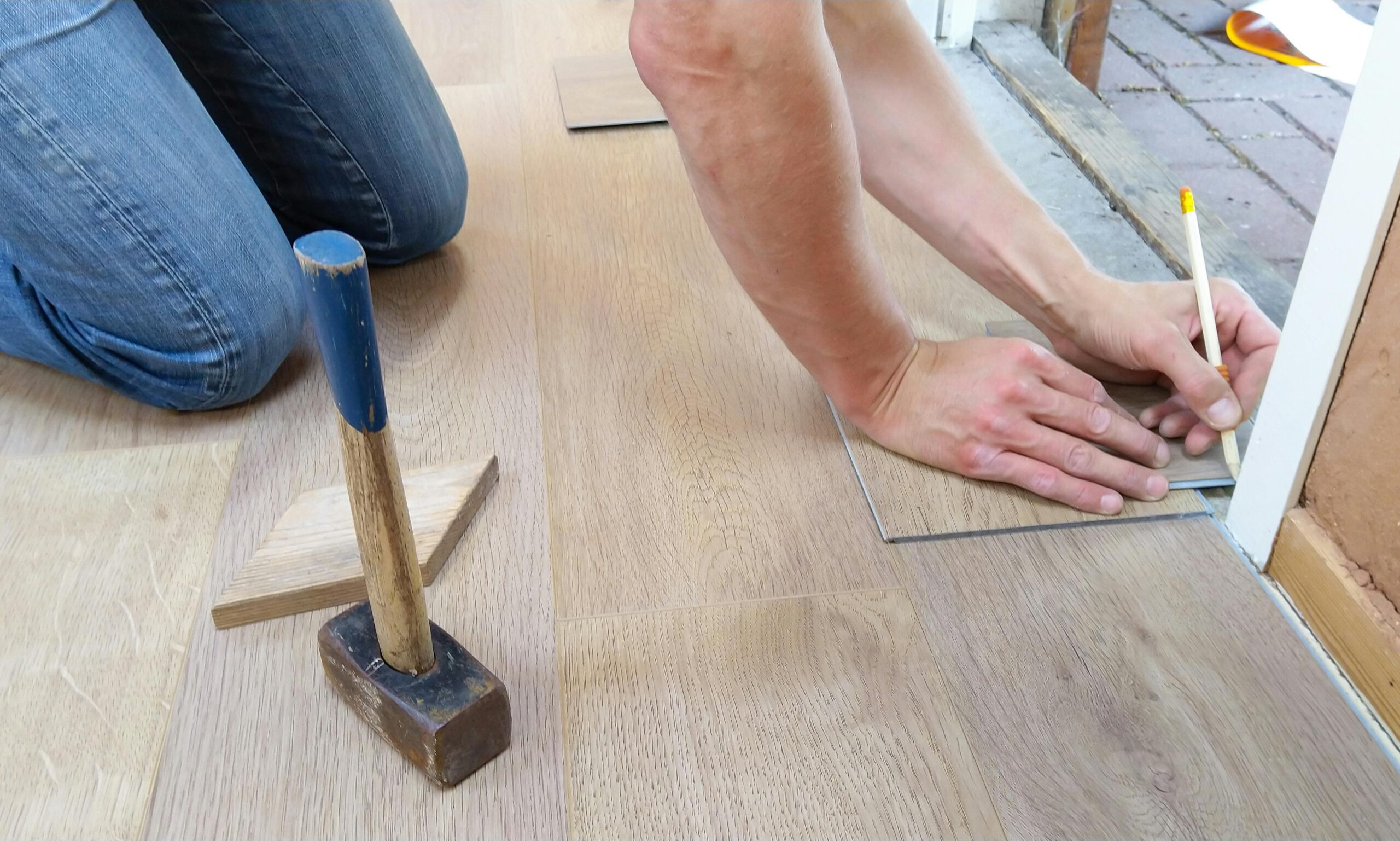Renovating a home can be exciting, but it also requires careful attention to detail. Missing key steps can lead to costly mistakes down the road. Whether you’re refreshing a room or doing a major overhaul, keep these 6 essential tips in mind to ensure your renovation goes smoothly.

1. Thoughtful kitchen planning
The kitchen is often the heart of home renovations, but small details like lighting, ventilation, and countertop height can be overlooked. These factors significantly impact daily functionality. Don’t forget practical aspects like waste disposal and optimizing the layout to make the space efficient. A well-designed kitchen will not only enhance your cooking experience but also add value to your property.
2. Allow walls time to dry
Freshly plastered walls need ample time to dry before painting or wallpapering. This step is essential for long-lasting results. Painting too soon can trap moisture, which may cause mold growth or unsightly stains over time. Depending on the materials used and room conditions, it may take days or even weeks for walls to fully dry. Speeding up the process with ventilation can help, but patience is key.
3. Ensure a solid floor
If your renovation involves changing the flooring, first check that the underlying structure is solid. Vibrations or a weak foundation can affect any new material you install. This is especially important if you’re converting spaces like an attic into a bathroom, where stability and proper weight distribution are critical.
4. Plan your lighting layout
An effective lighting plan is more than just installing fixtures. Think about where you need light for different tasks, and place electrical outlets accordingly. This planning will save you from unexpected surprises later. Ambient lighting and innovative features such as motion sensors or app-controlled systems can also add convenience and modern appeal to your renovation.
5. Maximize efforts when walls are open
Whenever you’re opening walls for tasks like rewiring, consider checking other elements like insulation. It’s more efficient and cost-effective to handle multiple issues at once. Although this may slightly increase your upfront budget, it will save you the hassle of having to revisit these areas soon after your initial renovation.
6. Update your insurance
After significant renovations, your home’s value may have increased, so it’s crucial to update your insurance policy. Being underinsured could leave you vulnerable in case of damage or loss. Review your coverage to ensure it reflects the new value of your property and protects your investment.
Final thoughts
Renovations, large or small, require careful consideration. By planning thoroughly and keeping these 6 points in mind, you’ll avoid common pitfalls and create a home that meets your needs and stands the test of time.

 Open Immovlan
Open Immovlan